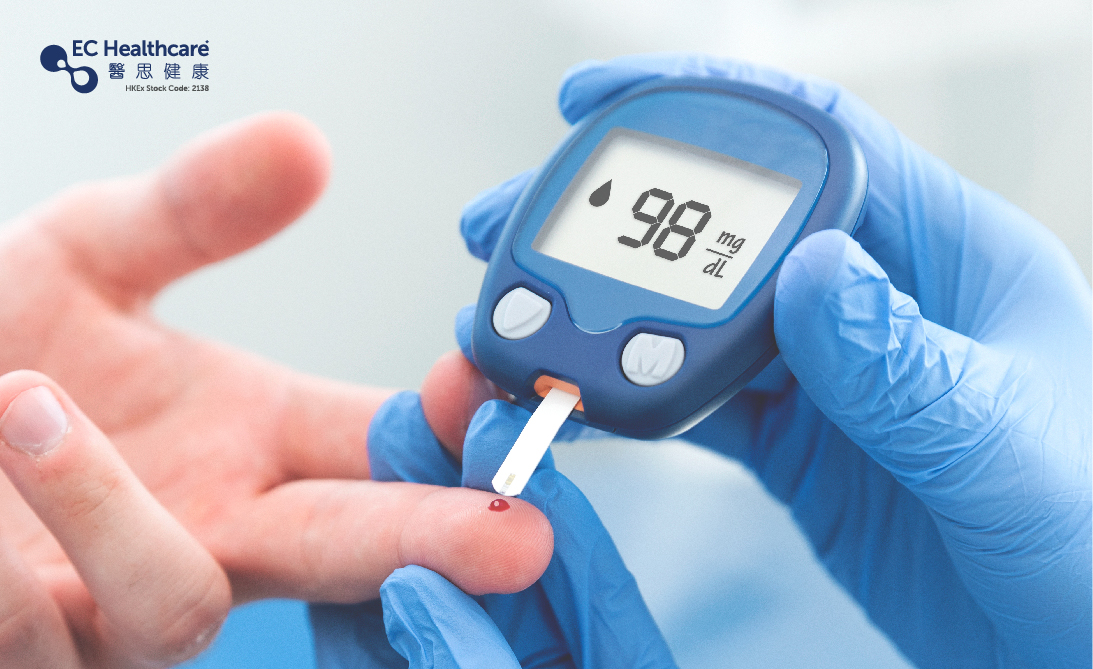High Blood Lipids and Sugar Could Put Your Heart Health at Risk


We all know that the Three Highs: high blood pressure, sugar and lipids (or cholesterol) can trigger severe conditions like heart disease and angina. Even if you only have two highs, say high blood lipids and sugar, your cardiovascular system is still at risk. So, it is essential to stay vigilant and receive regular examinations.

30-40% of diabetics with two highs died from cardiovascular diseases
High blood lipids often occur with diabetes; around half of diabetics experience high lipid levels. The two conditions can team up and trigger cardiovascular diseases. The latest figures revealed that around 30-40% of diabetes patients died from cardiovascular diseases.
Patients with type 2 diabetes develop insulin resistance, which makes the cells respond poorly to insulin to take up glucose. This results in sugar build-up in the bloodstream, becoming a source of cholesterol and triglyceride production, leading to high lipid levels and affecting the liver cell’s response to insulin. This creates a vicious cycle.
Diabetics have high blood sugar levels all the time, which may accelerate atherosclerosis, triggering blood vessel constriction and blockage, hence coronary heart disease. What’s more, diabetes can damage the neurological system, causing delayed pain response. As a result, symptoms of heart disease, such as angina, may go unnoticed until it's too late, potentially becoming life-threatening.
In addition, symptoms of a high lipid level such as dizziness, weakness, a tight chest and palpitation can be easily confused with other common ailments, making it hard to detect. Over time, high blood lipids can accumulate inside the blood vessels and cause atherosclerosis, triggering coronary heart disease, peripheral artery disease and even fatty liver disease, which can progress to cirrhosis.

If both of your levels exceed the standard limits, this can inflict damage to your heart blood vessels, increasing the risk of cardiovascular diseases. However, patients may not realise this until they experience a heart attack or other health issues. That’s why anyone over 40 should receive a blood test every year to monitor their health. If any abnormalities are spotted, it is important to adopt a healthy diet, exercise plan or medication according to patients’ needs to reduce the risk of cardiovascular diseases. If there’s a family history of cardiovascular disease, diabetes or high blood pressure, it’s even more important to get checked early.
Related Brands










